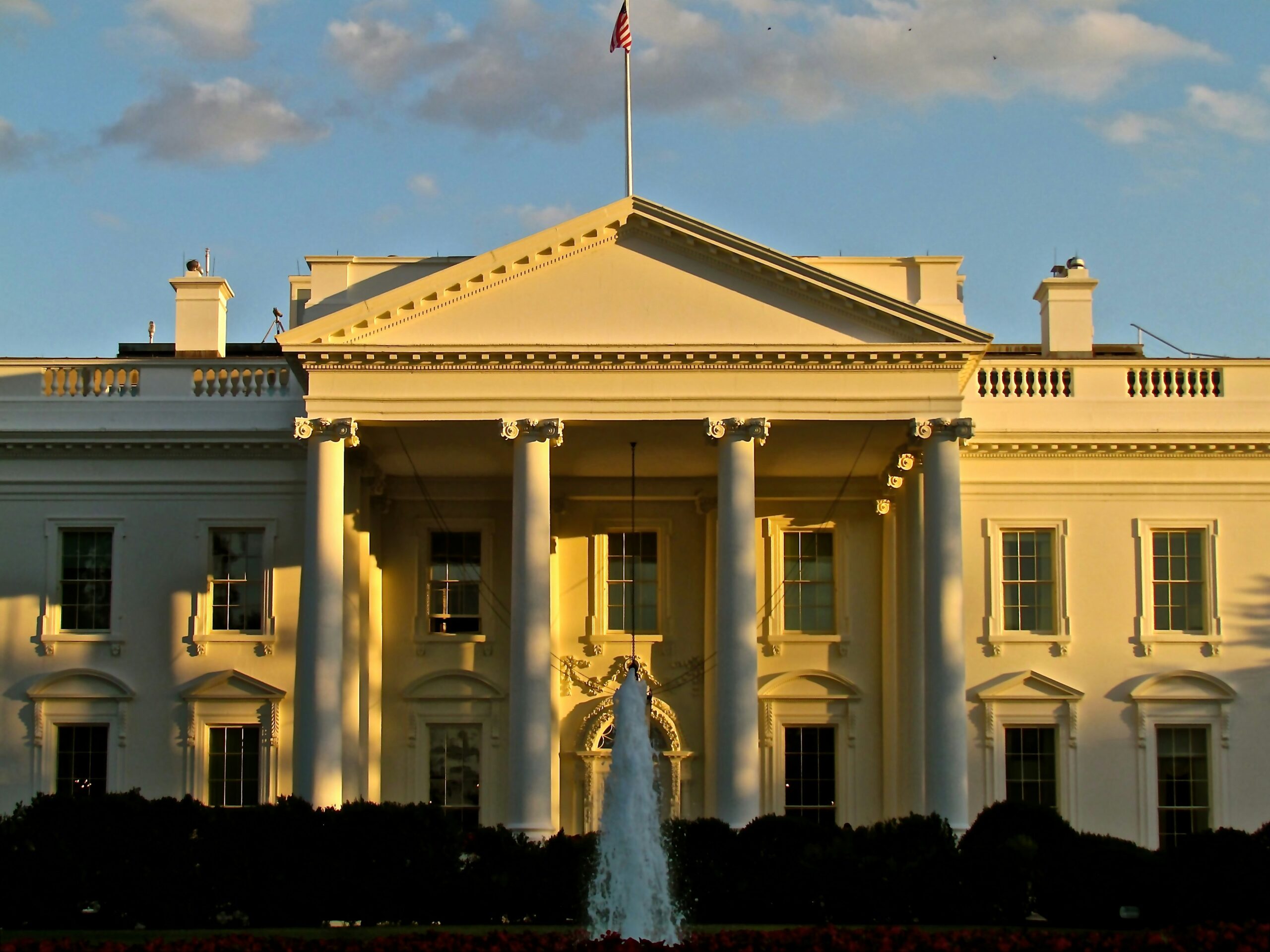In a groundbreaking development on January 5, 2023, the Federal Trade Commission (FTC) unveiled a proposed rule that could potentially revolutionize the landscape of non-compete agreements. If enacted, this rule would have profound implications for employers across the United States, reshaping how they protect confidential information and proprietary knowledge. This article delves into the key aspects of the FTC’s proposed rule and its potential impact.
Current Framework of Non-Compete Agreements
Non-compete agreements, long a staple of employer-employee contracts, are subject to diverse state laws and common law principles. These agreements, often containing non-compete clauses, have encountered scrutiny under antitrust laws, although with limited historical impact. States impose varying constraints on the scope, duration, and competitive activity limitations within non-compete clauses. This has resulted in court interpretations shaping the contours of legitimate business interests. Notably, states like California, North Dakota, and Oklahoma have adopted statutes rendering most non-compete clauses void for numerous employees. Recent trends in states such as Washington, Colorado, Illinois, Arizona, and Nevada have seen the enactment of restrictive covenant statutes tied to worker earnings, consideration, and notice.
Rise in Calls for Federal Regulation
As the use of non-compete agreements expanded, calls for federal regulation gained momentum. Legislators from both sides of the aisle introduced bills to limit or ban non-competes, often excluding certain circumstances. In response, President Biden issued Executive Order 14036 in July 2021, prompting the FTC to examine the undue use of non-compete clauses. The FTC’s draft strategic plan further underscored its goal to study non-competes and other potential contractual inequalities.
Questionable Legal Authority
The FTC’s authority to regulate non-compete agreements has spurred legal debates, as historically, the FTC has not been involved in their regulation. Critics question whether Section 5 of the FTC Act grants the authority to enforce a nationwide prohibition on non-compete agreements. Additionally, there are exemptions to the FTC’s jurisdiction, such as for banks and air carriers.
Unveiling the Proposed Rule: A Paradigm Shift
The FTC’s newly proposed rule represents a seismic shift in non-compete regulations. It outright forbids employers from imposing non-compete clauses on workers, with only a narrow exception. The rule is grounded in the assertion that non-compete agreements constitute an unfair method of competition, thus violating Section 5 of the FTC Act.
Impact on Business Agreements
The potential ramifications of this rule are profound. If enacted, it could upend executive agreements, independent contractor arrangements, and even partnership agreements. Its reach could extend to current and former workers, altering even traditional employment dynamics. AEGIS Law is evaluating how this rule could transform the way businesses approach employment contracts.
Rescinding and Reeducating
The rule requires active measures from employers. They must rescind existing non-compete clauses within 180 days of the rule’s finalization and inform workers within 45 days of this change. This substantial shift in policy necessitates strategic adjustments by employers.
Expanding Beyond Non-Competes
The FTC’s proposed rule does not solely target non-compete clauses. It identifies clauses resembling non-competes, like non-disclosure agreements and customer non-solicitation clauses, as potential equivalents. This move reflects the FTC’s intention to curtail practices that may hinder worker mobility.
Navigating the Legal Landscape
While the FTC’s move signals a groundbreaking shift, its authority and legal standing are expected to be challenged. Critics argue that the FTC’s jurisdiction may not extend to a nationwide ban on non-competes. Legal experts anticipate a potential legal battle, further elongating the rule’s implementation.
AEGIS Law’s Response and Future Considerations
AEGIS Law is closely monitoring the developments around the proposed rule. The firm is positioned to provide strategic counsel to businesses navigating this evolving legal landscape. As the rulemaking process unfolds, AEGIS Law’s expertise in innovative legal solutions ensures that clients can make informed decisions.
Conclusion: Navigating Uncharted Waters
The FTC’s proposed rule has opened a new chapter in the history of non-compete agreements. Its potential impact is immense, affecting employers, workers, and the legal industry as a whole. The ensuing legal debates and potential challenges are expected to shape the ultimate fate of the rule. As the legal community anticipates further developments, AEGIS Law stands ready to guide clients through the changing tides of non-compete regulations, ensuring compliance and strategic decision-making.





